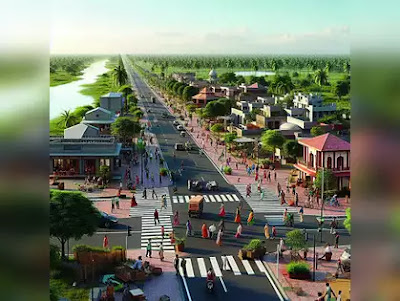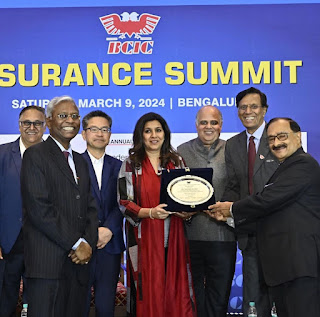Indian Manufacturing – The Challenge and The Opportunity

By Geetanjali Kirloskar Today, the Indian manufacturing sector, at $600 billion, accounts for 17% of a $3.5 trillion economy. If Indian manufacturing addresses its challenges, growth opportunities are enormous. Economists and planners agree that the manufacturing sector must rise to 25% of the economy if India is to reach its target of a $30 trillion Viksit Bharat economy by 2047, making it a $8 trillion economy behemoth by then. Over the shorter term, the target is for the Indian economy to reach $10 trillion by 2035. Even if manufacturing's share of the Indian economy rose to 20% by then, it would be a $2 trillion economy - a decade growth opportunity of more than 200%. There are four areas in the manufacturing sector that it should focus on if it were to transform its challenges to harness the opportunity. The first is that Indian manufacturing must become more productive and produce better quality goods cost-effectively, enabling it to capture a higher share of private final co...





